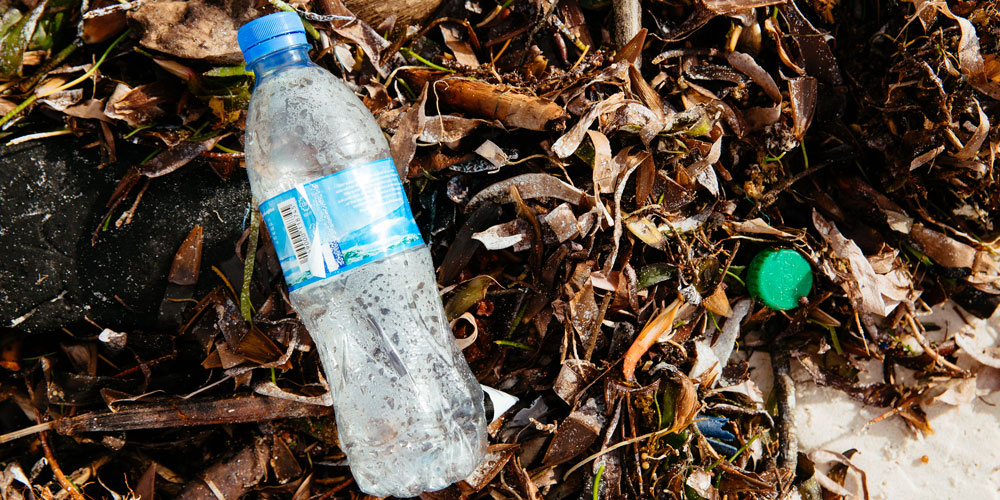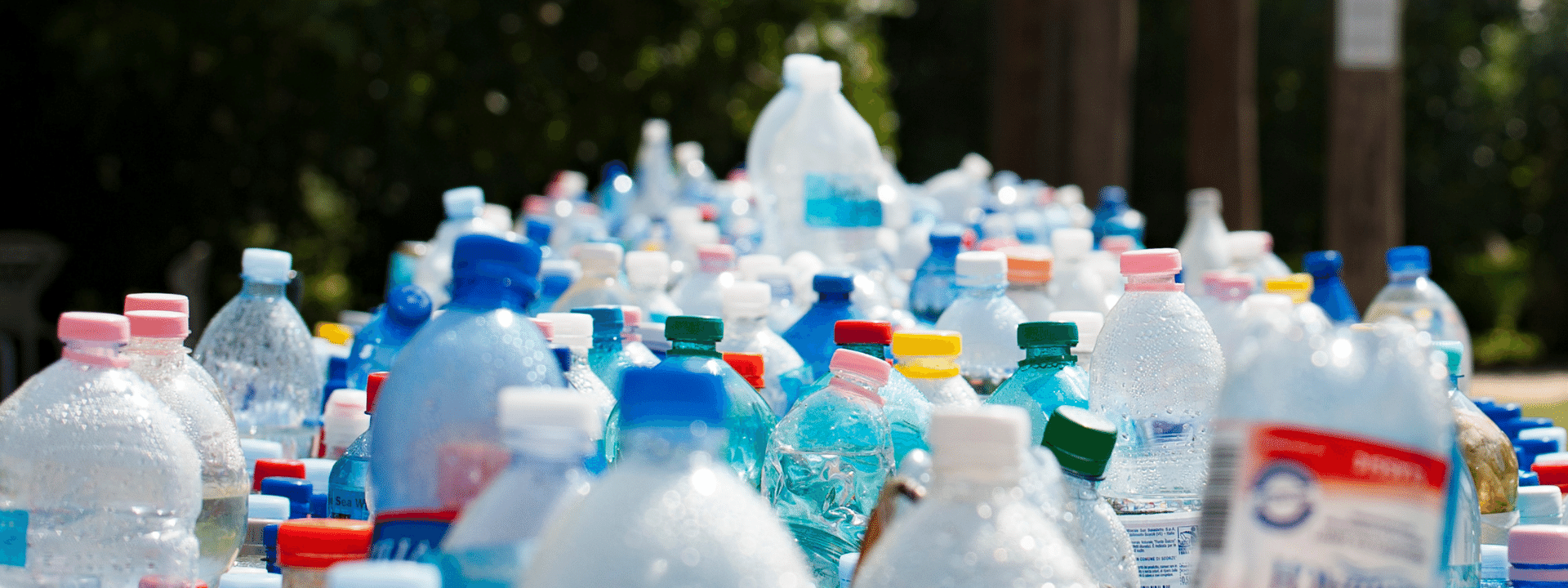
06 Aug How Recycling Helps our Local Wildlife
Sustainability is at the heart of Recycle4Change’s mission, and we care dearly about creating a safer and healthier environment for our local wildlife. We are proudly at the forefront of environmental sustainability, actively reducing waste with our recycling facilities. So, how does recycling help our local wildlife?
How using recycling depots helps local wildlife
How we dispose of our waste has a direct impact on the environment in which our local wildlife lives. The ecosystems that support our local animals, birds, and fish are delicate. Recycling plays a crucial role in ensuring these environments are clean and safeguarded from the devastating impact that our waste products can cause.
Recycling helps to preserve habitat
Perhaps the most obvious benefit of recycling is helping to preserve the natural habitat of our local wildlife. By recycling waste when appropriate for reuse, we reduce the demand for materials that need to be extracted from forests and other habitats. For example, recycled paper is a great way to reduce the removal of trees that are homes to wildlife, such as koalas, possums, and birds.
Reducing pollution
Carefully recycling mitigates the risk of improper disposal of waste, particularly plastics, that can pose a real threat to our native wildlife. Plastics are particularly dangerous in and around our waterways, as marine wildlife are particularly prone to being injured or made sick from ingesting waste. Learn what we can recycle here.
Promoting sustainability
Recycling improves sustainability, which has wide-reaching community benefits. By reducing our waste and increasing our recycling efforts, we are ensuring a healthier future for our native wildlife.
How do I help native wildlife by recycling?
Getting started with recycling is simple with Recycle4Change. Simply bring your bottles and cans to one of our recycling depots. Our friendly staff will help you swap your recyclables for cash. We’re open Monday through Friday, 9 a.m. to 5 p.m., and Saturday, 9 a.m. to 5 p.m.
To find out more give us a call on 1300 329 742.

